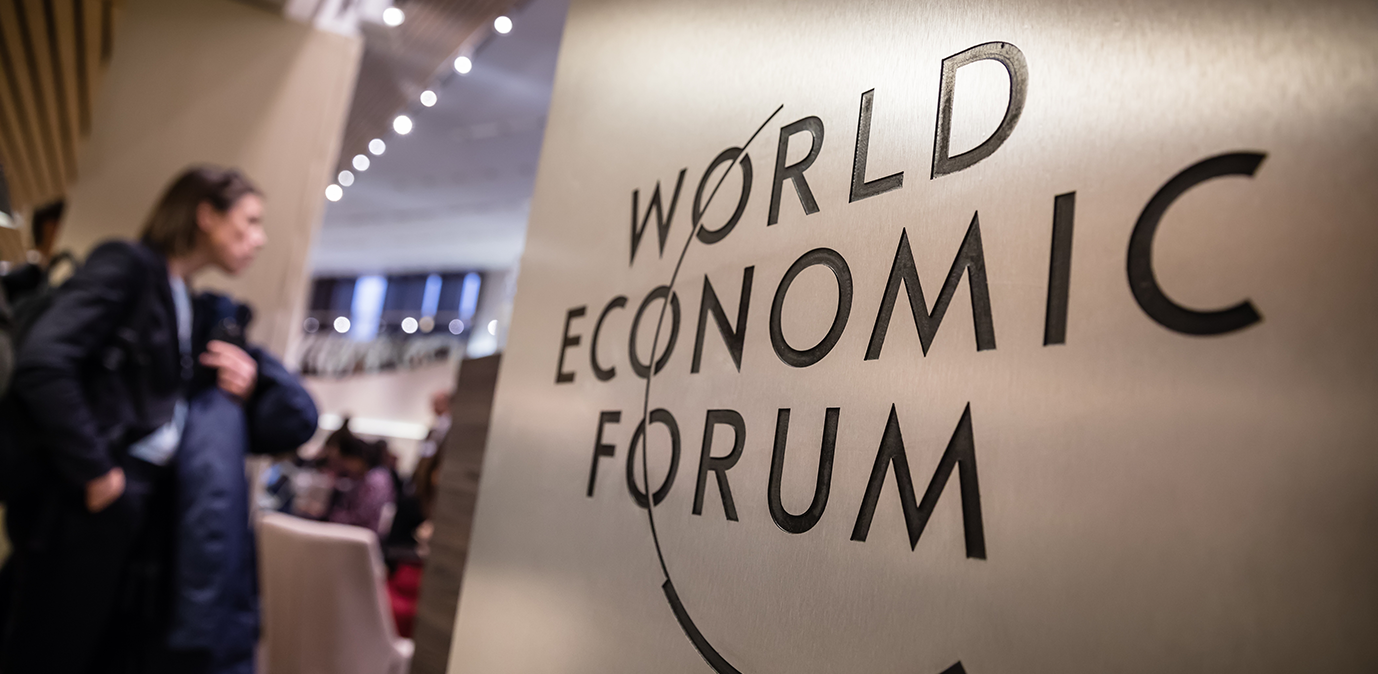Theresa May at Davos calls for international cooperation to regulate tech sector
by Inline Policy on 30 Jan 2018
Prime Minister Theresa May’s speech yesterday to the World Economic Forum in Davos saw her repeat calls for international action to regulate aspects of the tech sector that are disrupting the established economic players and norms.
She was not alone in calling for action and this is a repeated refrain, but there still do not appear to be any signs of a coordinated international response.
Indeed, in many of the areas of technological change that the Prime Minister highlighted in her speech – from Uber to fake news – regulatory actions in the UK and the wider European Union have been disjointed and piecemeal. Just this week we heard how the landmark regulatory change of the EU’s General Data Protection Regulation (GDPR), which should create a single standard of data protection rules across the Single Market, may not be implemented in a number of EU countries by the 25 May deadline.
Notably absent from Theresa May’s speech was the issue of taxing multinationals, which is one of the most intractable of areas that requires coordinated international action. This issue is often associated with the tech sector – especially global platforms like Amazon and Facebook – the same concerns apply to any company with a sophisticated multinational operation. While the Prime Minister may have been coy about discussing tax, instead prioritising attracting post-Brexit inward investment, Google’s CEO Sundar Pichai told a Davos audience that the company would happily pay more tax if international rules were changed to require it.
With little sign of deeper international cooperation, Theresa May, like many of her counterparts, continues to opt for national interventions to address these policy concerns. She highlighted her Government’s Digital Charteras an example of how policy makers could respond.
Searching for policy solutions
The Digital Charter was first promised in the Conservative Party’s 2017 General Election manifesto and then featured in the 2017 Queen’s Speech. The “further details” published by the Government to coincide with Theresa May’s speech were actually barely enough to cover a side of A4 paper and set out a very broad “rolling programme” of policy areas that the Government is thinking about.
From creative ways to apply the liability regime to platforms, through new competition interventions in digital markets, to shifting the balance of responsibility for cyber security from the user to corporates, there is no shortage of high level ambition in the Digital Charter. There is however a lack of evidence that government is reaching out to engage a broader range of stakeholders. Too often the solutions to problems created by the big global players are only thought of in terms of how those players can address it themselves. The voices of entrepreneurs and innovators outside of the global players are rarely heard.
There is also a paucity of new policy ideas about how we should respond to technological changes coming from the world of think tanks, with the notable exceptions of recent work from Demos and the Royal Academy.
It has never been more important for the innovators of the tech sector to engage with policy makers to bring new thinking to discussions about how we address the changes to our society and economy brought about by technology.
Topics: European Politics, UK politics, International politics, UK business, Big Tech







Comments